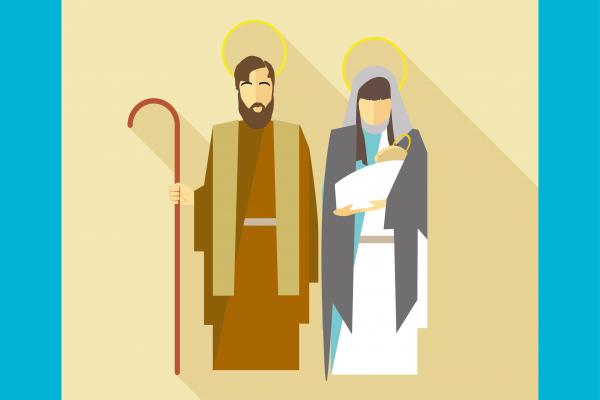Author's Note: As we close out Advent, when we so quickly determine what’s our legal right or what we’re owed or what “the Bible really says” when, after all, we’re just simply too quick to judge. In these days where we must affirm #BlackLivesMatter, where we must stand up for victims of rape and abuse, and where we must struggle with our LGBTQ sisters and brothers for full inclusion, sermons like this are humbly offered.
We know the Christmas story well.
Those of us that have grown up with regular, annual, church-going rhythms — we essentially hear this story once a year.
Even so, those with no regular church commitments — people from all walks of life, people of faith or no particular faith, people from varied faiths — if you asked your friend, your neighbor, your cousin, a stranger on the street, I bet at least 50 percent of the time they’d be able to share the gist of the story:
Jesus was born to a virgin named Mary.
Mary was married to a guy (named Joseph).
There were angels, and wise men, and shepherds.
And I think there was a manger.
We know this story well.
But we hear it so often it becomes rote — literally a mechanically, automatically, mindlessly routine on repetition in our brains.
Yeah, yeah, yeah — 6lb 8oz baby Jesus, in a manger, Virgin Mary, Adopted Dad Joseph, sheep, shepherds, angels, stars at night, wise men, white Christmas, Rudolph the Red Nosed Reindeer …
You get my point.
So, let’s hear the story one more time and lean in a bit to this wild world of dreams, angels, and ancient Jewish marriage contracts.
Read the Full Article

